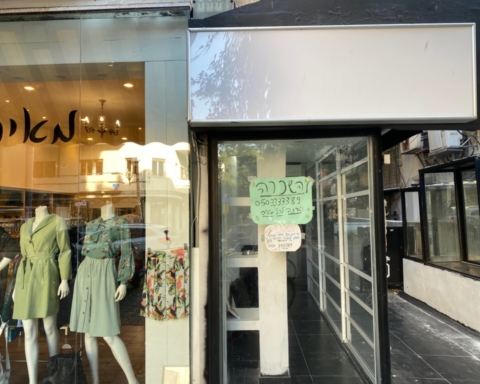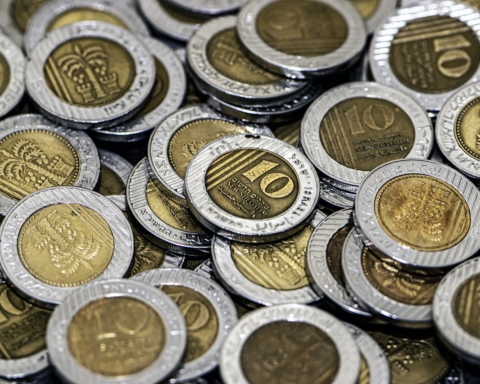Israel has dropped mostly all of the prior COVID-19 restrictions as of June 1, which have been set in place since March 2020. People no longer need to wear masks outdoors and international travel restrictions have been lifted for outgoing travelers. Foreign travel has opened for groups and citizens’ family members. Gatherings have no limits, and cultural events have resumed. As Israel settles back into its new “normal,” the economy is seemingly seeing signals of positive recovery.
As the unemployment rate drops in Israel, the average salary is the highest it has been lately. Up from February, the average salary rose 5.5% to NIS 12,740. In the high-tech sector, salaries rose 10% to NIS 30,525. Overall, the average monthly salary rose 17.1% between March 2020 and March 2021.
The large increase is likely due to the high amount of unpaid workers in the lower-paying sectors. Industries like catering, hospitality, and entertainment, that have been widely halted throughout the pandemic. These industries average less in general when it comes to monthly salary, with employees only seeing between NIS 5,682 to 7,152 each cycle.
While the economy begins to rebalance and over 60% of the country vaccinated, the coronavirus feels like it is on its way out. However, some remain cautious about incoming strains, herd immunity, and the rolling out of the upcoming vaccination campaign for 12-15-year-olds. In total, COVID-19 affected 839,000 people, and 6,418 patients died. Today, the infection rate is less than 1%.








